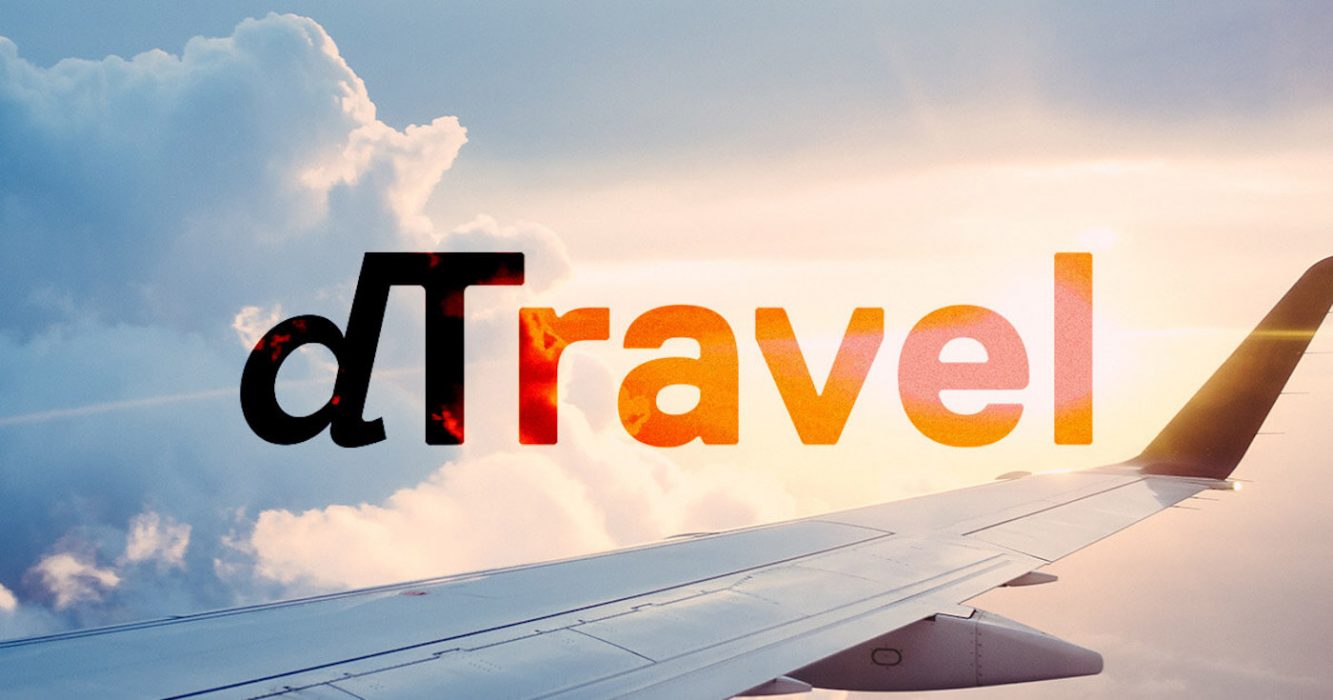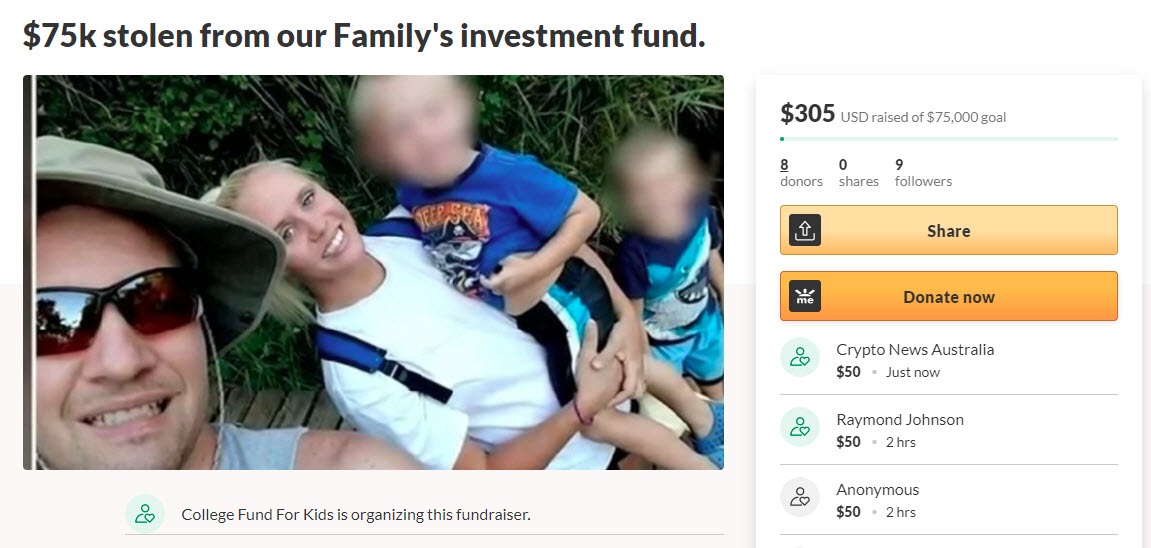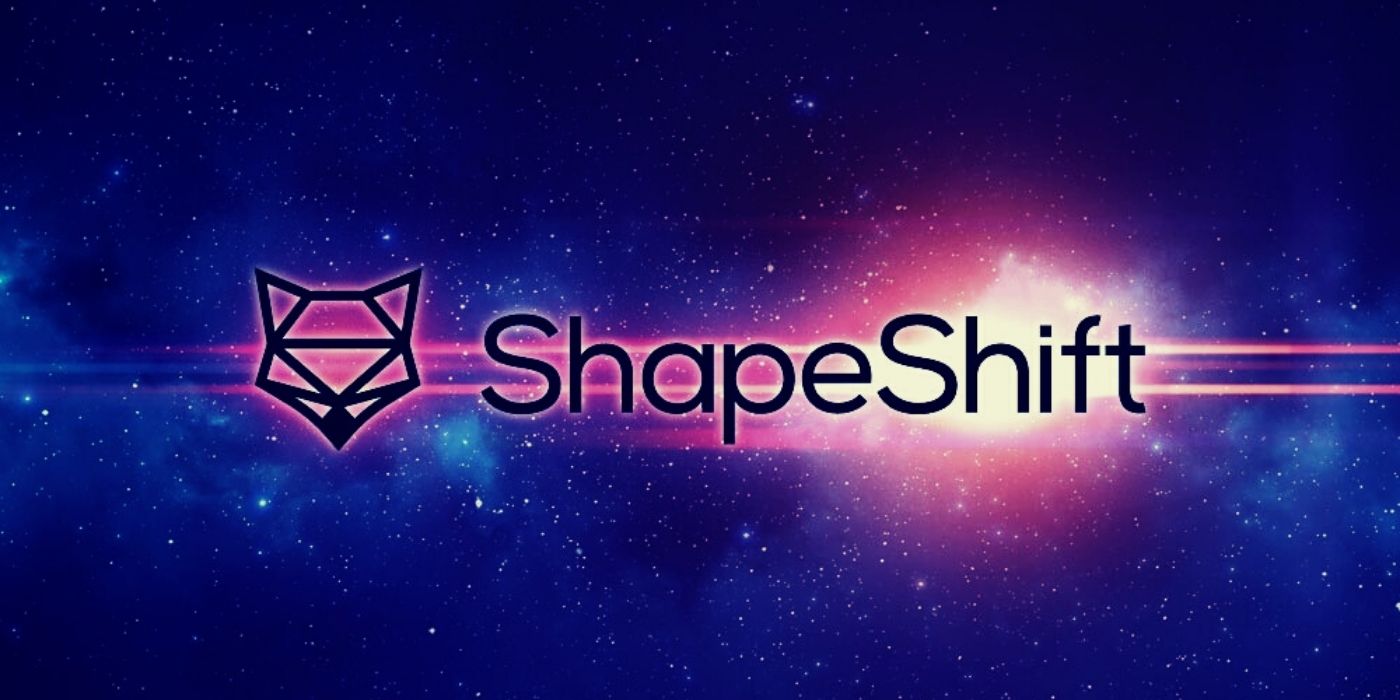Dtravel, a new decentralised travel platform in the home-sharing economy, has already recorded massive growth. On July 21, the company announced it had signed on over 200,000 properties in more than 2000 cities since last month’s launch.
Dtravel’s goal is to have over one million listings within its first 12 months of operation. At the current rate of expansion it has acquired listings 120 times faster than Airbnb, which took two and a half years to acquire 50,000 listed properties.
The company combines efforts from former executives of Airbnb, Expedia, and Binance-backed Travala.com. The platform aims to enhance short- and long-term stays, which can be paid for in cryptocurrency and by traditional methods.
The platform will be governed by the Dtravel Decentralised Autonomous Organisation (DAO) and users who hold TRVL tokens. Tokens can be staked to qualify for rewards, book stays and participate in platform governance.
This is done by leveraging decentralised finance (DeFi) blockchain technology to facilitate smart contracts, which cuts out the middleman and acts as the backbone of the platform.
Recently, ShapeShift crypto exchange also decentralised the company and left operations to the DAO. Australian lawmakers are in the process of establishing DAOs as their own entity.
With travel starting to rebound and a record level of interest in blockchain technologies like cryptocurrencies, Dtravel gives eager people what has been missing to date: control and ownership over their own travel experiences. By allowing guests and hosts full participation in their experiences and in the economy they are creating, Dtravel fulfils the true mission of sharing economies.
Jochem Wijnands, founder, TRVL
Dtravel already has partnerships with large property managers Ministry of Villas and In Residence. More partnerships are being finalised and will be announced soon.
Home-Sharing Economy in the Hands of the People
Among current problems with the home-sharing economy are that a handful of centralised corporations dominate it, and that it is categorised by high fees, impersonal communication mediated by companies, and a lack of crypto payment options.
Dtravel wants to solve these problems by “putting ownership, control, and decision-making back into the hands of users through blockchain technology”. By doing this it has reduced fees – which can run as high as 20 percent – down to 7.5 percent, allowing hosts to earn more per booking.
Additionally, TRVL tokens can be used to align the company with the economic interests of its users, not just those of the organisation and its shareholders.
The next generation of hosts want a true sharing economy, not a shareholder economy. Dtravel is the opposite of a centralised company; decision-making power and value within the platform are shared by members of the community, meaning hosts and guests.
Luke Kim, marketing lead, Dtravel
The Dtravel main network launch, along with the booking platform, will be ready for use by both hosts and guests by Q3 2021.














